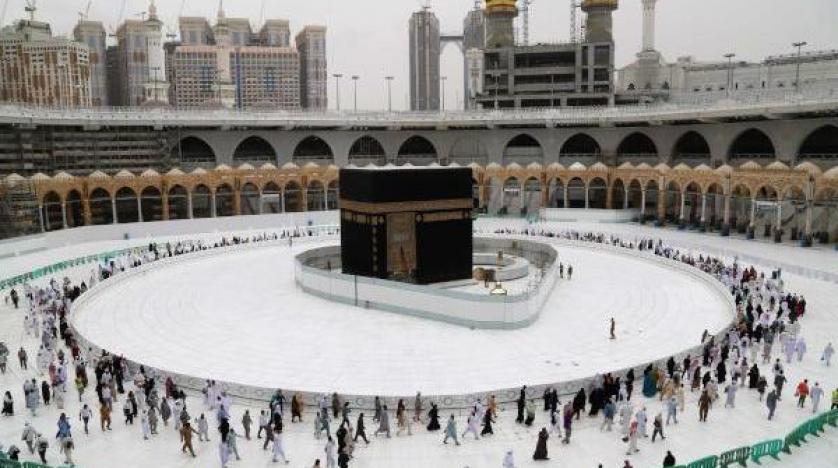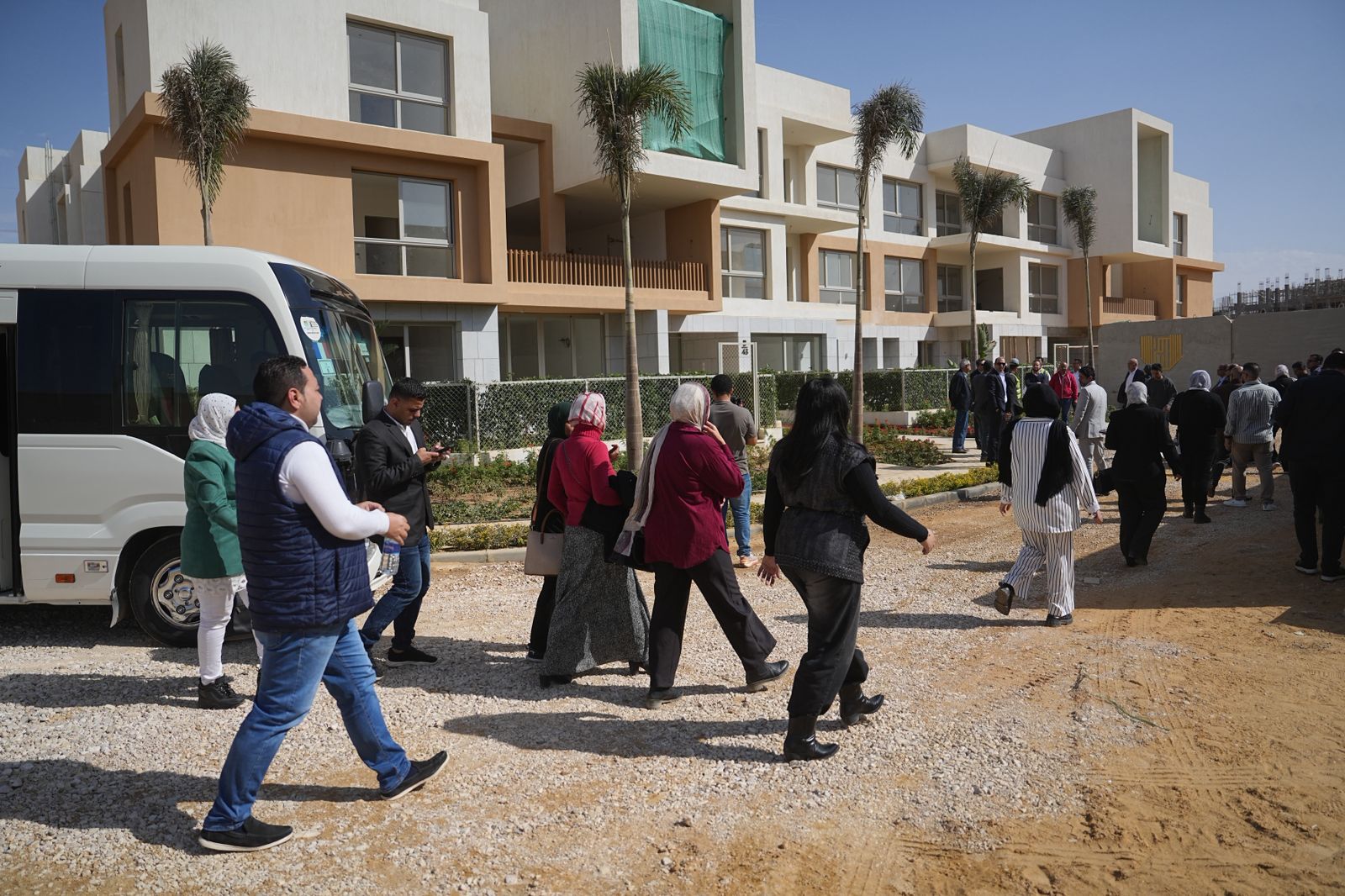Dubai- Masaader News
Saudi Arabia is considering cancelling the hajj pilgrimage season for the first time since the kingdom was founded in 1932, after cases of coronavirus in the country topped 100,000.
“The issue has been carefully studied and different scenarios are being considered.
An official decision will be made within one week,” a senior official from Saudi Arabia’s hajj and umrah ministry told the Financial Times.
The annual ritual held in late July is one of the largest religious gatherings in the world, attracting about 2m people to the kingdom every year. But after the organisers of global events including the Olympic Games in Tokyo were forced to delay or cancel due to the coronavirus pandemic, Saudi officials have faced growing pressure to take action.
One proposal is to allow a small number of local pilgrims to perform hajj, while observing strict health precautions.
Another possibility is to cancel the pilgrimage season altogether. “All options are on the table but the priority is for the health and safety of pilgrims,” the official said.
While Saudi Arabia has managed to organise hajj during previous viral outbreaks such as Ebola and MERS, the global scale of the coronavirus pandemic presents a far more difficult challenge.
The government was early to enforce measures that helped control the virus after the first case was confirmed on March 2, including restrictions on travel and a two-month nationwide curfew. But after the kingdom began to ease the lockdown in late May, the number of daily cases and deaths have spiked.
More than 3,000 cases were reported daily over the past six days and deaths totalled 857 by Thursday. Visiting the holy Saudi city of Mecca to perform hajj is a once-in-a-lifetime duty for every able-bodied Muslim who can afford it.
During the week-long trip, pilgrims pray in the Grand Mosque, circumambulate the Kaaba — a cube structure draped in black in the mosque’s main courtyard — and visit Mount Arafat.
The rituals conclude with Eid al-Adha, a celebration that marks the end of hajj when pilgrims replace their white ihram robes with regular clothes and sacrifice sheep, goats and camels.
The fact that hajj rituals must take place in the second week of the Muslim month of Dhu al-Hijja — which falls this year from July 29 to August 4 — means the pilgrimage cannot be postponed and that there are tight schedules to finalise travel and accommodation plans.
The Saudi government, which takes great pride in organising hajj and hosting religious visitors, imposes national quotas on the number of pilgrims from each country each year. Leaders of Muslim nations often petition the Saudi king, whose official title is the Custodian of the Two Holy Mosques, to increase their national quota as demand outstrips supply and the waiting list can be as long as 30 years.
The biggest allocation goes to Indonesia, home to the world’s largest Muslim population, which usually sends around 200,000 pilgrims. But this year, Indonesian officials have said their citizens will not travel.
“In May, we prepared two options: a 50 per cent quota reduction or cancellation. [But] Saudi Arabia has not opened access to hajj pilgrims from any country to date,” Fachrul Razi, Indonesia’s religious affairs minister, told local media earlier this month.
“As a result, the government doesn’t have enough time to make primary preparations for services and protection of pilgrims.” Malaysia said on Thursday it would also not send pilgrims this year.
Saudi Arabia in late February suspended umrah, which is known as the lesser pilgrimage and can be performed year-round, as a result of the virus. A month later, the government advised Muslims seeking to perform the hajj pilgrimage this year to delay making travel arrangements until there was more clarity on the extent of the outbreak.
The government had ambitious targets for the expansion of the religious tourism sector before the pandemic hit. Under Crown Prince Mohammed bin Salman’s economic reform programme, the kingdom aimed to double the number of foreign umrah pilgrims to 15m by the end of 2020.
Umrah and hajj pilgrims combined were expected to spend more than $12bn this year. The probable loss of most of that revenue will put more pressure on an economy that has already been hit by the twin shocks of the oil price collapse and the pandemic.
Hotels and religious tourism operators in the holy cities of Mecca and Medina will be particularly affected.
Saudi Arabia suspended international travel on May 20, a ban that would need to be lifted if the hajj is to go ahead. The current pattern of hajj has been held regularly since the year 630.
It has been disrupted for political, economic or health reasons on about 40 occasions, all before the founding of modern Saudi Arabia in 1932, according to a report by the Riyadh-based King Abdulaziz Foundation for Research and Archives.
Whatever action Saudi Arabia takes, the decision will be fraught with political and economic consequences at home and abroad, according to Yasmine Farouk, a visiting scholar at the Middle East Program of Carnegie Endowment for International Peace.
“If they go ahead with hajj while the current Covid-19 situation doesn’t improve, they might incur unprecedented pressure on their health system, international criticism and maybe even demands for compensation,” Ms Farouk said.
“If they decide against hajj, the economy — especially local economies of Mecca and Medina — will suffer.”











